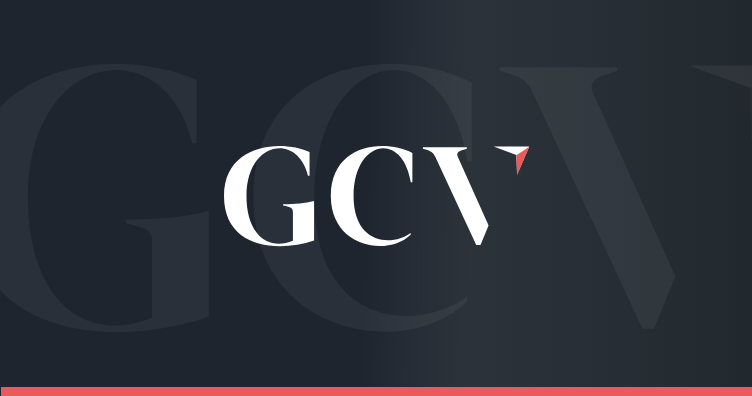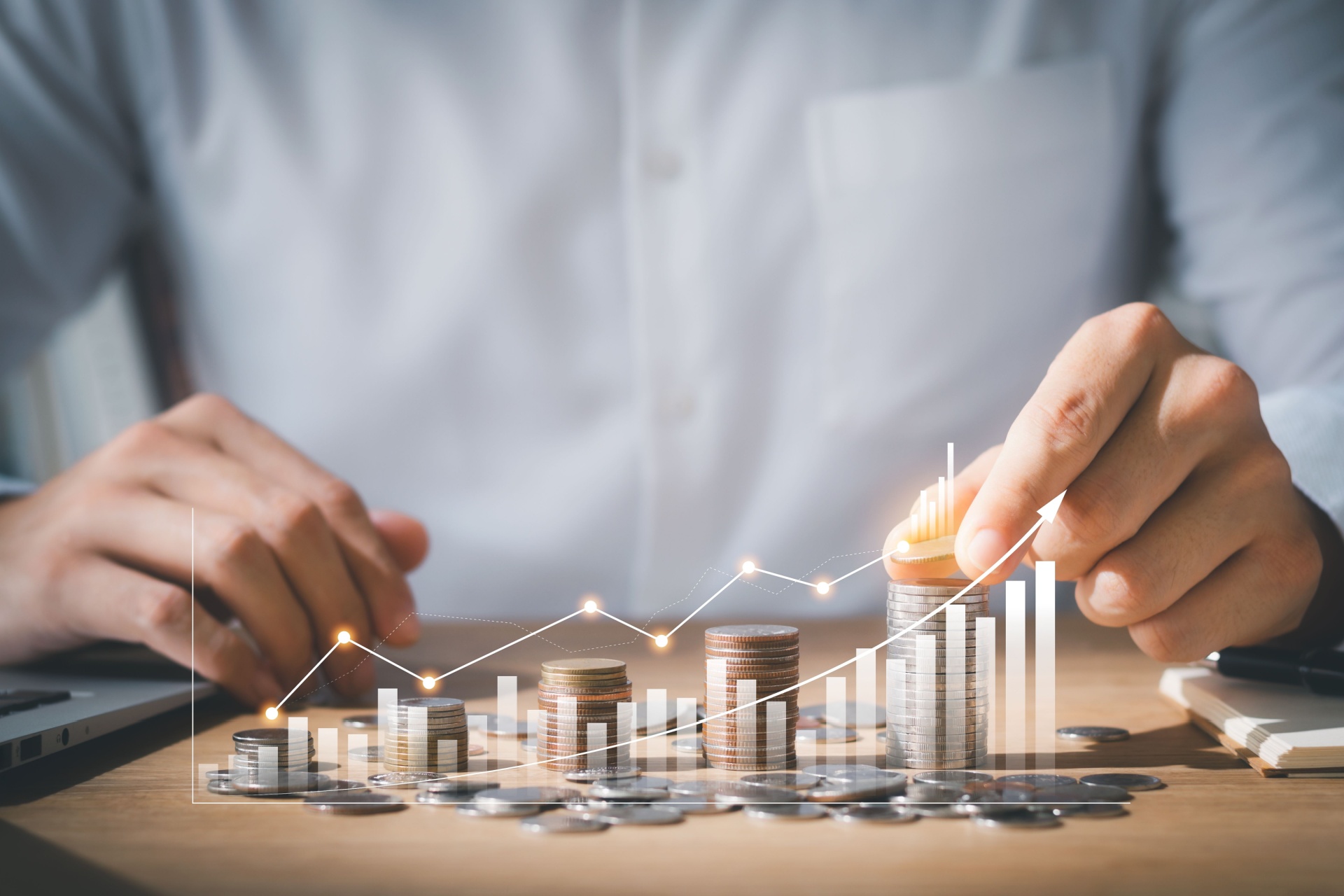Investing returns vs music royalties: a profile of U2's Bono and the Edge
Edit [19/01/18]: I've updated this piece further to the recent news that Bono has made his first investment into fintech
At the helm of one of the world's most prominent bands for over 40 years, Bono and the Edge are known around the globe as U2's frontman and lead guitarist respectively.
Selling over 170 million albums since the launch of their - 1980's 'Boy' - as a band they've won numerous awards and accolades over the years.
As individuals, they've each been recognised for their human rights campaigning and continuous philanthropic efforts.
Undoubtedly household names whether you're an avid fan of U2 or not, it wasn't surprising when in 2013, The Sunday Times reported that as a band, they'd amassed a wealth of over €632 million.
And whilst we cannot escape the fact a considerable portion of their wealth has come from their musical endeavours (their 1987 album 'The Joshua Tree' alone has shipped over 25 million units worldwide to date), one of the most interesting facts about Bono and The Edge isn't related to them as musicians.
It's reported they've earned more from their investments than they have throughout their entire music career.
Investments that make a difference
Their must recent public investment was in late 2016, when it was announced the duo had invested into Irish food tech startup Nuritas.
The company, which utilises artificial intelligence and DNA analysis to discover food molecules that can be used to develop supplements and drugs, the company had already received €3 million in funding to trial and market a breakthrough food ingredient that could be used to prevent diabetes.
With plans for clinical trials to further their brilliant achievements to date, the investment was reported to help Nuritas triple its Irish workforce whilst simultaneously driving expansion across the Atlantic.
Although the amount invested by Bono and the Edge was undisclosed, given the duo's penchant for investing, and focus on a smaller portfolio to distribute their investment to, it wouldn't be surprising if the sum was a particularly considerable one.
Making high profile investments
The duo were generally seen to start their investment career in the early 2000s after Bono co-founded the private equity firm Endeavour Partners in 2004.
Over the years, they've invested in a number of high profile companies and deals, including Yelp and Dropbox.
With the former, the firm made a $100m investment in consumer review website Yelp back in 2010, and with the latter, they formed part of online storage Dropbox's $250 million second investment round in 2012.
Yet whilst investments into Yelp and Dropbox are undoubtedly high profile and worthwhile, it's their investment into Facebook that has seen them make the largest return to date as individuals.
With Elevator Partners starting with a fund of $1.9 billion at the point of launch, the firm invested $270 million of this directly into Facebook over the course of 2009 and 2010.
Just five years later in 2015 it was reported the investment had subsequently brought in stock to the value of $1.4 billion, for which Bono himself is said to have received in excess of $40 million.
Impact investors
Having a clear focus on tech-based investments, not surprisingly given their charitable work they appear driven to be very much impact-style investors.
As with most investors, they of course want to make a financial return, but they also want to invest in companies who will make a genuine difference, whether that's to individuals, the environment or the world as a whole.
Elaborating on this at the point of investing in Nuritas, the Edge said "we want to bring forward and support innovative, world-changing ideas".
What's more, as of January 2018, through Bono's investment startup The Rise Fund, he has branched out into fintech by investing into the micro investing app Acorns and Varo Money.
With The Rise Fund bringing together in the region of $2 billion worth of investment for sustainable projects that have a direct, positive societal impact (in line with the United Nations’ Sustainable Development Goals), John Flyn of TPG Growth (the private equity investment platform backing The Rise Fund) said of Acorns: "Acorns is exactly the type of company we’re looking to support. They have achieved extraordinary business success characterized by rapid growth while also helping to make it easy, efficient and transparent for Americans to generate savings and build their futures.”
This post is part of our UK celebrity investors series. You can find our introductory post to the series here.
%20(3)%20(2).jpg)






